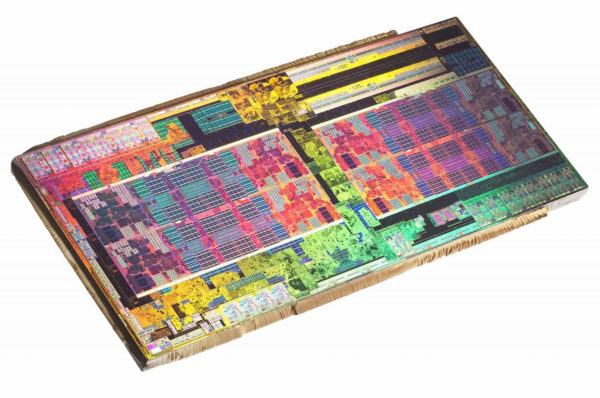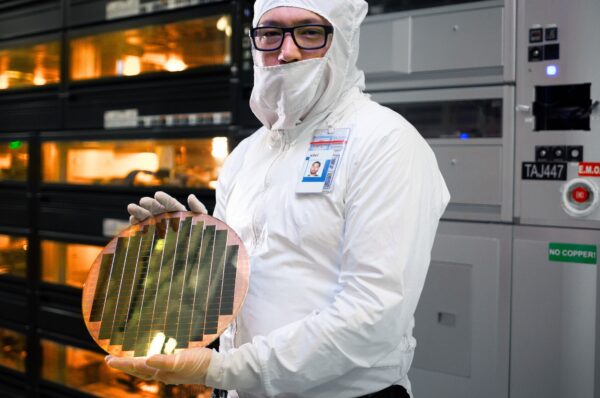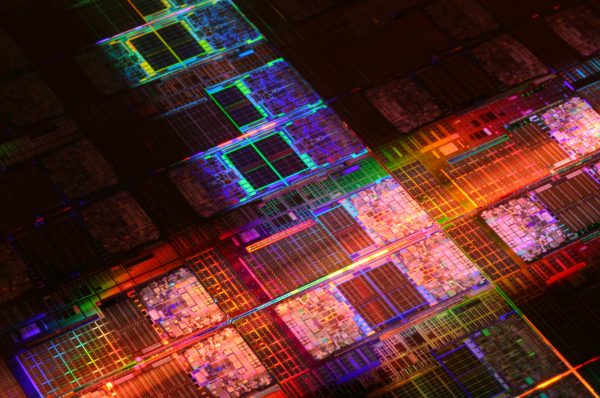State-of-the-art process nodes are getting more expensive, and even the cost per transistor isn’t dropping anymore, so we’ll increasingly see cheap CPUs and GPUs being unable to use the latest processes. Fortunately, TSMC is also preparing lower-cost versions alongside the high-end nodes. Right now, 6nm node serves the role, but cheaper 4nm manufacturing should soon be available instead, which could help a lot especially for GPUs. Read more “TSMC has cheaper 4nm node, making low-end CPUs, GPUs viable”
Tag: processing nodes
AMD to produce lowend CPUs and GPUs using Samsung’s 4nm node
Back when the groundbreaking Ryzen processors launched, AMD was still manufacturing almost all of its products at GlobalFoundries, with the exception of chipsets designed by ASMedia. But now, by contrast, it is almost fully tied to the fortunes of TSMC. However, it looks like there could soon be some diversification in place. Samsung-made chips are coming to low-cost processors and they’ll also appear in Radeon graphics cards later. Read more “AMD to produce lowend CPUs and GPUs using Samsung’s 4nm node”
Intel announces 1.4nm process, first node with high-NA technology
This year, Intel is expected to complete its 2nm and 1.8nm production nodes (designated Intel 20A and Intel 18A) in culmination of their plan to develop five nodes (Intel 7, 4, 3, 20A and 18A) in four years and catch up with the technological lead of TSMC. Now, the company has revealed the next step that will come after this cycle, and a roadmap for enhanced nodes, reminiscent of the plus sign suffixes familiar from 14nm node era. Read more “Intel announces 1.4nm process, first node with high-NA technology”
Intel plans: 2nm processors next year, 1.8nm Panther Lake in 2025
Intel took a symbolic “step into the future” by unveiling Meteor Lake processors now, for the first time using TSMC-manufactured silicon as well as advanced chiplet design with 3D Foveros technology. Meteor Lake will come out at the end of the year, but Intel has also revealed a roadmap of processors for PCs and laptops, showing what will come after it. Three new generations or families of “lake” processors are coming in 2024 and 2025. Read more “Intel plans: 2nm processors next year, 1.8nm Panther Lake in 2025”
AMD, like Nvidia, will produce chips at Samsung, on a 4nm node
Against expectations, Intel will start manufacturing processors at TSMC. Similar diversification may occur with AMD, who relied almost entirely on TSMC lately. But according to unofficial reports, the company will start manufacturing some of its chips at Korea’s Samsung, much like Nvidia recently did with some of its GPUs. This would reduce AMD’s dependence on a single supplier, but the move likely seeks to cut costs, too. Read more “AMD, like Nvidia, will produce chips at Samsung, on a 4nm node”











Latest comments